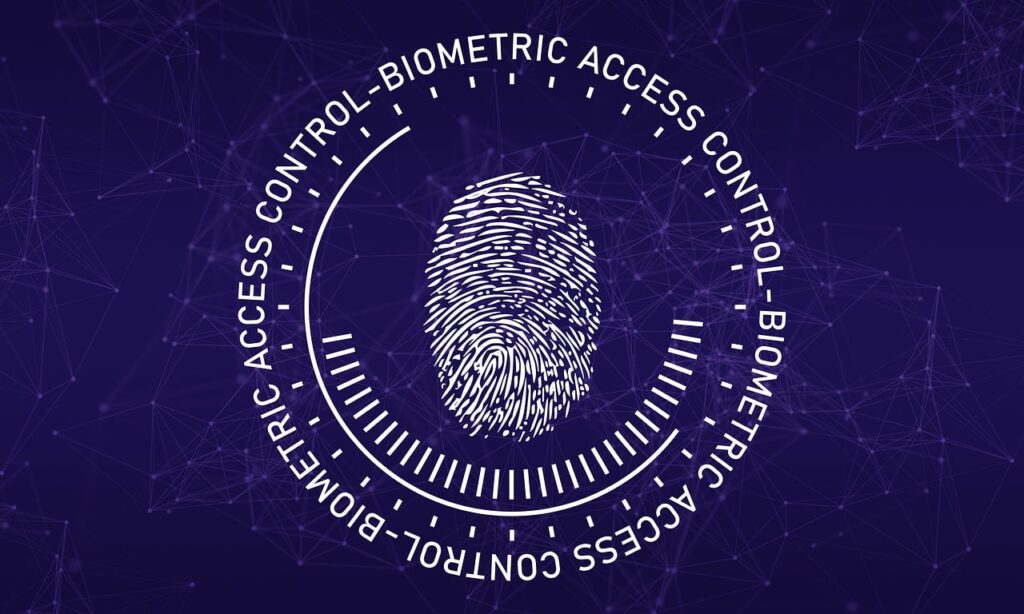SSL (Secure Sockets Layer) is a standard security technology used to establish an encrypted connection between a web server and a browser. This ensures that all data transferred between the server and the browser remains private and secure.
Importance of SSL to Websites:
-
Data Encryption:
- SSL encrypts sensitive information like credit card numbers, usernames, passwords, and other personal data during transmission, preventing it from being intercepted by unauthorized parties.
-
Authentication:
- It ensures that data is being sent to the correct server and not intercepted by malicious actors, providing users with assurance that the website they are communicating with is legitimate.
-
Data Integrity:
- SSL prevents data from being corrupted or modified during transfer without detection.
-
Improved Trust and Credibility:
- Websites with SSL certificates display a padlock icon in the browser’s address bar, and their URLs start with
https://. This gives users confidence that the site is secure, fostering trust.
- Websites with SSL certificates display a padlock icon in the browser’s address bar, and their URLs start with
-
Better SEO Rankings:
- Search engines like Google prioritize HTTPS-enabled websites in their rankings, which can boost visibility and traffic.
-
Compliance with Regulations:
- Many industries have regulations requiring secure data transmission, and SSL helps meet these compliance requirements.
-
Prevention of Phishing:
- Phishing sites often do not have SSL certificates. When users see a site without HTTPS, they may recognize it as potentially unsafe.
Types of SSL Certificates:
- Single Domain: Secures one domain.
- Wildcard: Secures a domain and all its subdomains.
- Multi-Domain (SAN): Secures multiple domains with one certificate.
Conclusion:
SSL is crucial for protecting user data, maintaining privacy, building trust, and meeting security and regulatory standards. For these reasons, every website—especially those handling sensitive information—should have an SSL certificate.







